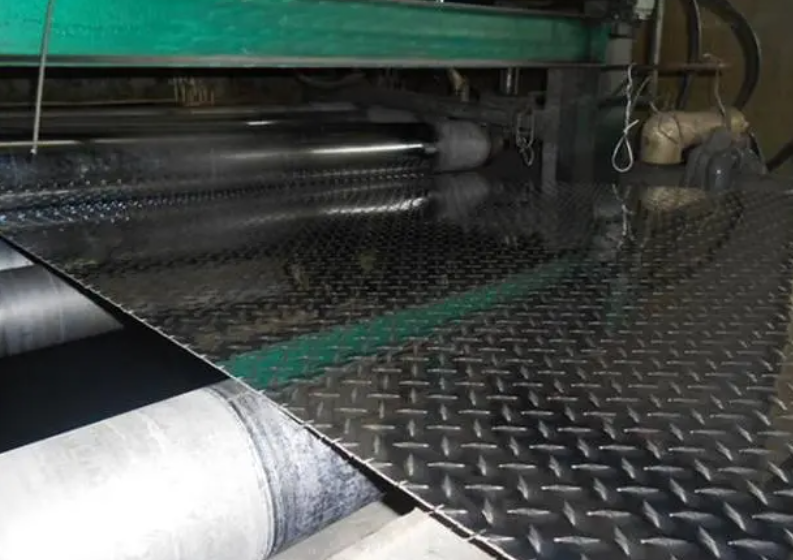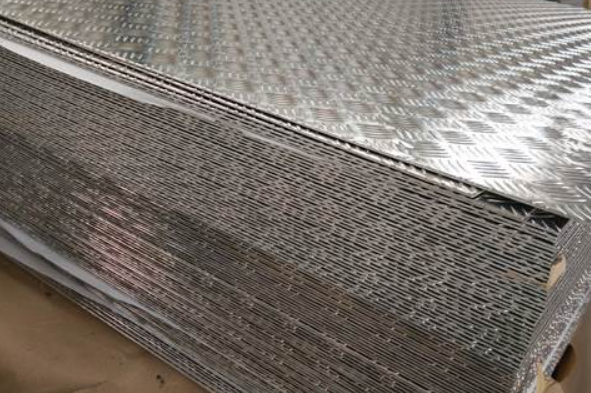Aluminum checker plate, also known as tread plate or durbar plate, is a versatile material used in a variety of applications, from industrial settings to decorative purposes. One crucial aspect to consider when selecting aluminum checker plate is its thickness. The thickness of the plate plays a significant role in determining its suitability for different applications and the level of durability it provides. In this article, we’ll explore the factors to consider when choosing the right thickness for aluminum checker plate.
Understanding Aluminum Checker Plate Thickness
Aluminum checker plate comes in a range of thicknesses, typically ranging from 1.5mm to 6mm or even thicker. The choice of thickness depends on several factors, including the intended application, load requirements, structural considerations, and budget constraints.
Light Duty Applications: 1.5mm to 2.5mm Thickness
For light-duty applications where weight is a concern and the plate will not be subjected to heavy loads or high stress, thinner plates in the range of 1.5mm to 2.5mm are often suitable. These thinner plates are commonly used for decorative purposes, such as wall cladding or architectural features, where slip resistance is needed without heavy-duty requirements.

Medium Duty Applications: 3mm to 4.5mm Thickness
In moderate-load applications where some durability is needed, thicknesses ranging from 3mm to 4.5mm are commonly used. This range provides a good balance between weight and strength, making it suitable for a wide range of applications. Medium-duty aluminum checker plates are often used for flooring, stairs, ramps, truck beds, and other similar applications where slip resistance and durability are essential.

Heavy Duty Applications: 5mm to 6mm Thickness (or Thicker)
For heavy-duty applications or environments where the plate will be subjected to heavy loads, frequent impact, or high-stress conditions, thicker plates ranging from 5mm to 6mm or even thicker may be necessary. These thicker plates offer greater strength and durability, making them suitable for industrial settings, construction equipment, heavy machinery, and other demanding applications where structural integrity is paramount.
Conclusion
Choosing the right thickness for aluminum checker plate is crucial to ensuring its suitability and performance in various applications. By considering factors such as the intended use, load requirements, structural considerations, and budget constraints, you can select the appropriate thickness to meet your specific needs. Whether you’re looking for a lightweight solution for decorative purposes or a heavy-duty plate for industrial applications, understanding the importance of thickness will help you make an informed decision and achieve optimal results.


